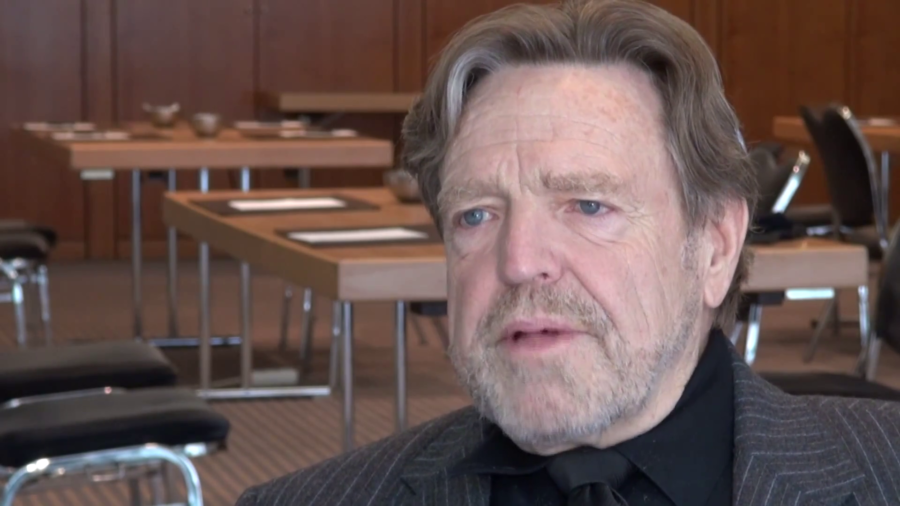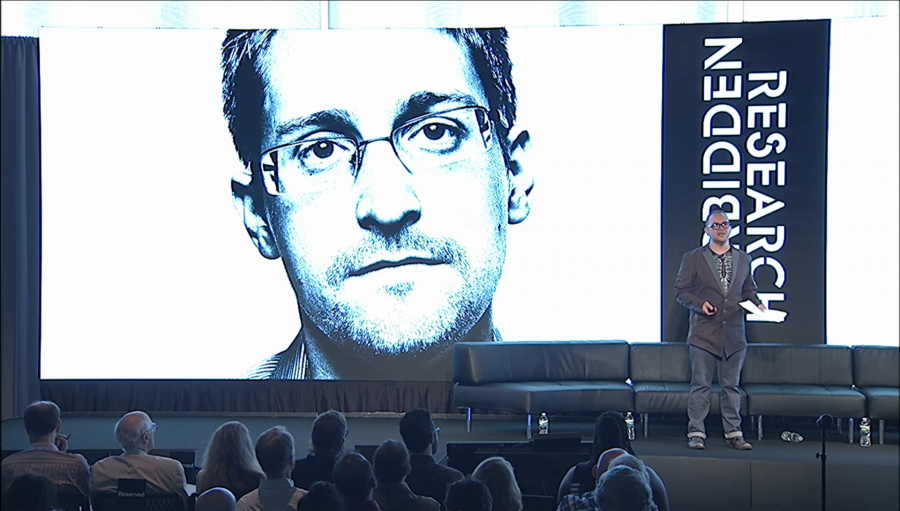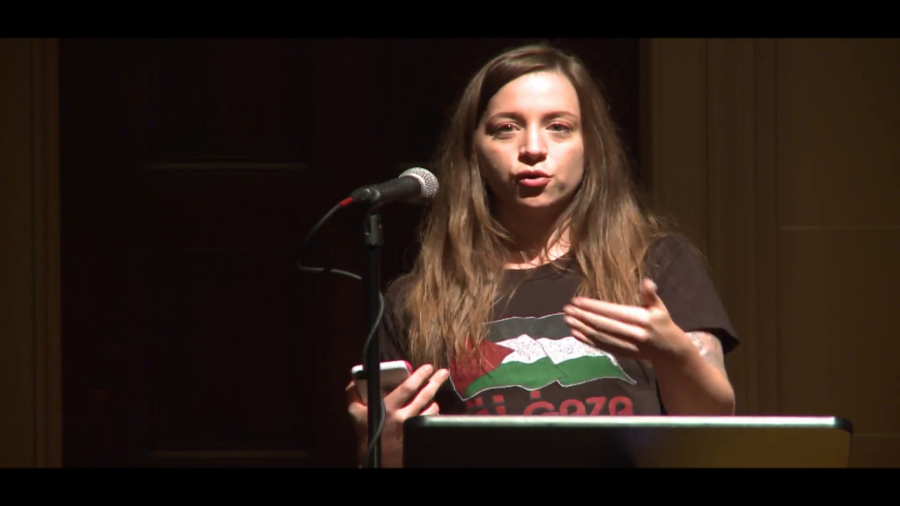Our topic today is the Foreign Intelligence Surveillance Court, which is also called the FISC or the FISA Court. The judges who sit on this court are hand-picked by the Chief Justice of the United States Supreme Court; that’s currently Justice Roberts. The FISA Court meets in secret, and has a limited public docket. And until recently it had almost no public records of its decisions.
Archive
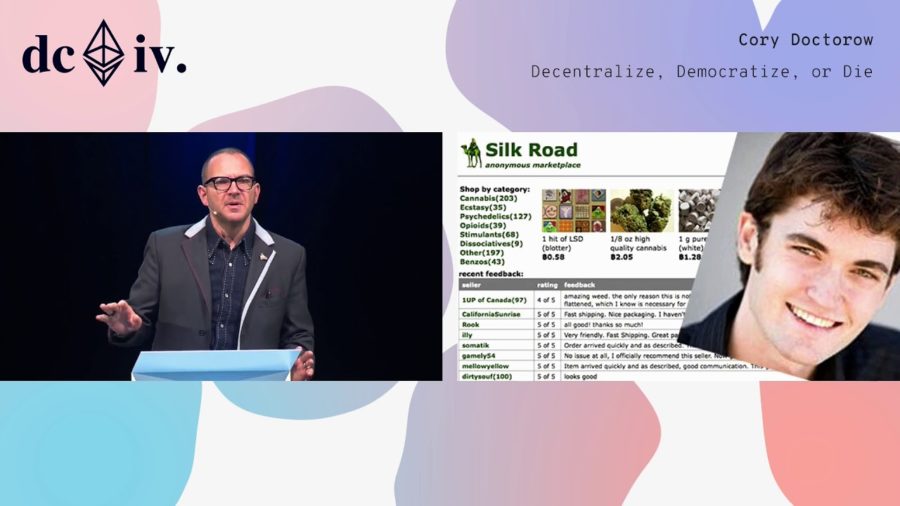
You might be more comfortable thinking about deploying math and code as your tactic, but I want to talk to you about the full suite of tactics that we use to effect change in the world. And this is a framework that we owe to this guy Lawrence Lessig.
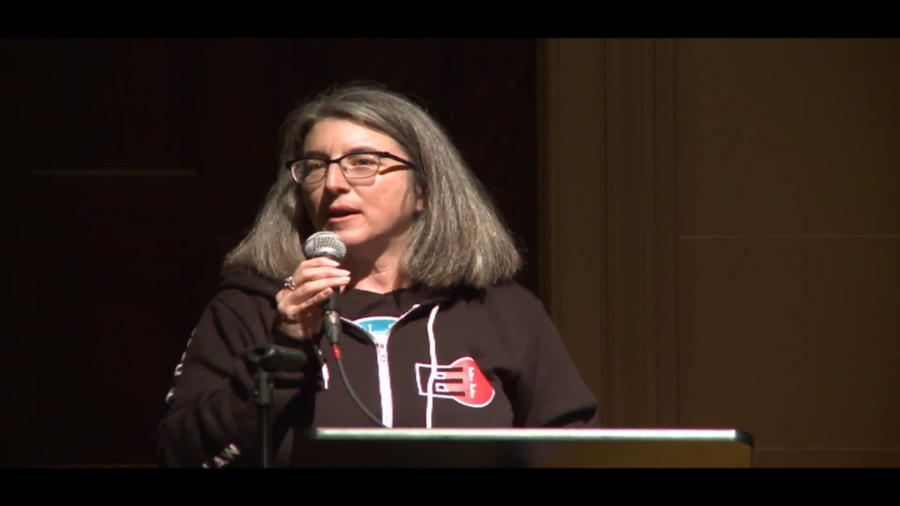
We’ve got an inflection point opportunity here and we ought to be talking about this European Court of Justice opinion and what it means, because what the European Court of Justice said is the NSA surveillance is not appropriate.

